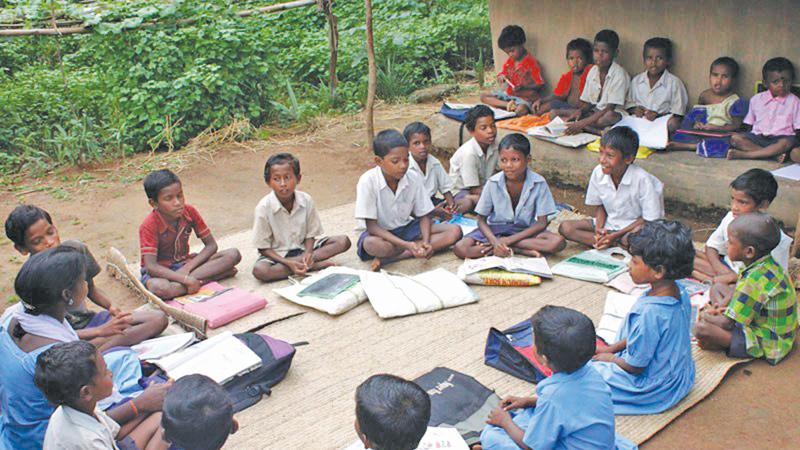
National Integration cannot be built by brick and mortar; it cannot be built by chisel and hammer. It has to grow silently in the minds and hearts of citizens - Dr.S.Radhakrishnan
Sri Lanka is going through a major crisis. But this is not the first time we have faced a difficult downturn, nor is it the worst one we have seen in our history. Many of us have grown up through the 30-year LTTE terrorism with unexpected bomb explosions and terror attacks.
History has shown that surviving such crises is possible, and that they do come to an end so long as all citizens are nationally integrated to create one nation.
National integration unites all people of the country as equal citizens regardless of their interests, religion, race, sex and class. National integration helps protect the fundamental rights and freedoms of the people and their right to judicial protection. It gives an opportunity to live together in peace and harmony, as one nation.
Three factors
National integration has social, political, religious, regional and economic dimensions which could be categorised under three factors. Firstly, structural equality, i.e. equal opportunity must be provided to all who are socially and economically backward. Secondly, cultural unity, i.e. eradicating discriminations of race and religion. Thirdly, ideological unity, i.e. creating awareness about ‘national objectives’ among the people who hold divergent views on political, religious and other fields.
The societies integrated into bonds of unity have always enjoyed peace, stability, prosperity and permanence, while those torn by mutual disruptive tendencies have been short-lived and become non- existent.
Co-existence
Sri Lanka is a small country, with 20 odd million people speaking three languages and practising four major religions, with varieties in costume, food habits, and social customs. Geographically our land is diverse with amazing differences in climate.
Despite these differences Sri Lanka is a political entity, governed by the same Constitution and the same laws. So, we can easily co-exist with each other peacefully, respecting the culture and religion of fellow Sri Lankans.
Our National symbols such as, the National Flag, the National Anthem and the National Emblem remind us that we have one identity. They are strong unifying forces both in times of celebration and adversity. Other forces like the communication system and the mass media help in the exposure of the cultures of different regions, bringing the whole country together as one nation.
For a long time, Sri Lanka has been facing certain disintegrating forces from inside as well as outside the country. The recent Easter Sunday massacre was the last incident. Some of these destabilizing groups are understandably supported by foreign sources.
Recent events have shown that threats of disintegration are staring us in the face. If we do not sink petty differences, even at this late stage, our freedom would be in peril. We should not forget that divisions on the basis of language, religion or community will have serious repercussions.
After the myriad of recent terrorist attacks—in Russia, France, Nigeria, Indonesia, Belgium, the Netherlands and Australia, to name a few - a group of experts found it important to recap the lessons learned. These lessons are not just academic.
Understanding the root causes of terrorism can lead to policies for prevention and for reducing the severity of attacks.
To defeat terrorism, the policy strategy should include three components: national integration, intelligence and social development. The second and third factors are beyond the capacity of citizens and are in the hands of the Government. But the first factor is well within us- the citizens.
Sri Lanka has been hailed by many as a shining example of a multi-cultural and multi-ethnic democratic state, which has successfully weathered many internal threats of disintegration. Society exerts a powerful force on individuals. People’s norms, beliefs, and values make up a collective consciousness, or a shared way of understanding and behaving decently.
Respecting the political, socio-economic and cultural identity of each other is especially relevant. There should be proper interventions to provide an equal opportunity of participation for all segments in society. Confidence building and acceptance is a must for that.
The police, judiciary and state administration should respect the individual rights of all, irrespective of religion, ethnicity, wealth and political party affiliation. There is a need for respect and voicing all forms of identity. Ethics education which is popular in the world can promote social inclusion.
In this regard, there is a need to urgently develop a policy on a National Values System. These values would improve the quality of political leadership, political management practices and efficient utilization of national resources at all levels of the economy.
